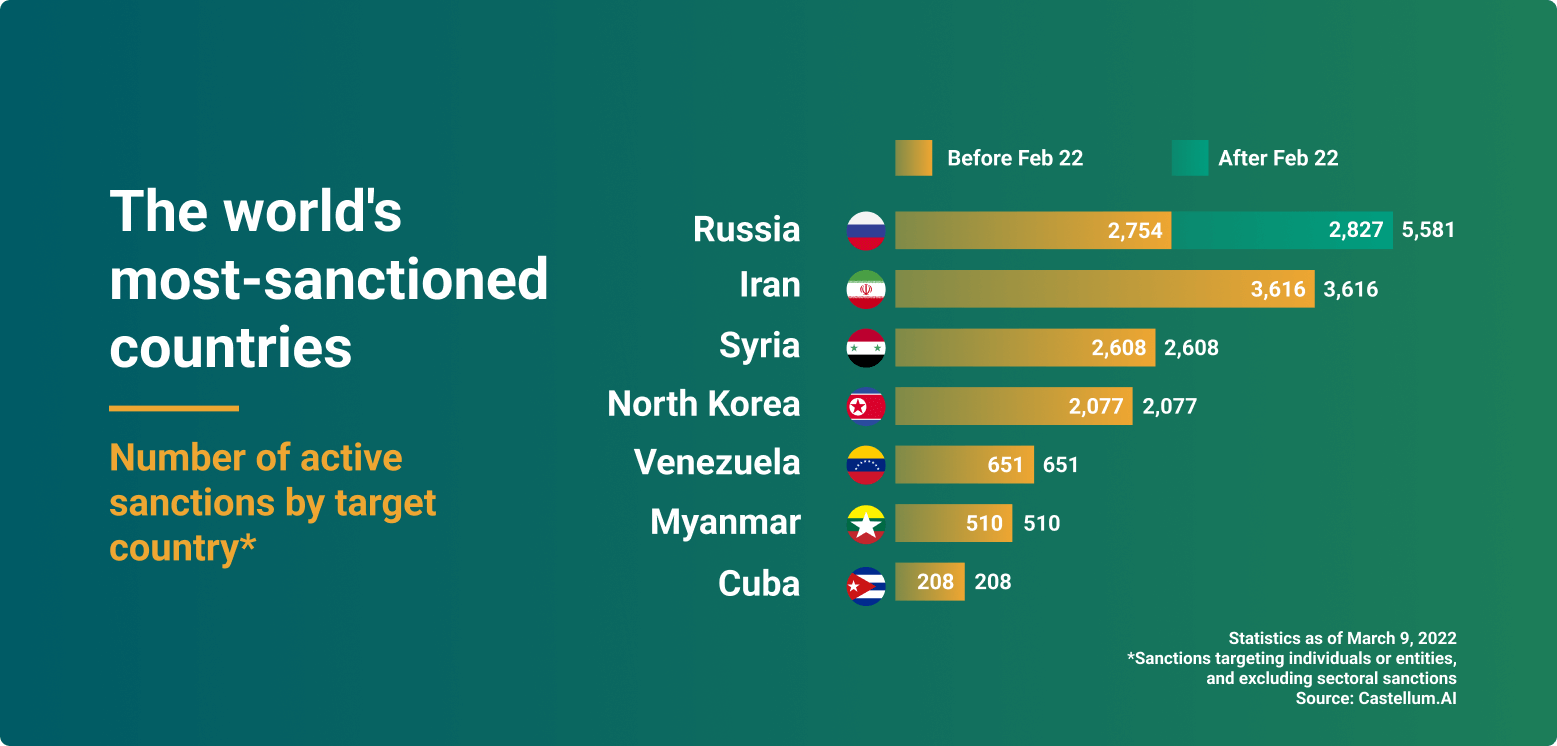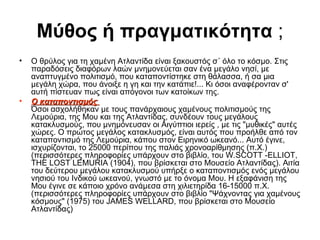Britain And Australia's Myanmar Policy: Selective Sanctions And The Opposition

Table of Contents
Selective Sanctions: The Approach of Britain and Australia
Britain and Australia, alongside many other nations, have adopted a strategy of selective sanctions against the Myanmar military regime. This approach, rather than imposing comprehensive sanctions, targets specific individuals, entities, and sectors deemed responsible for human rights abuses and the undermining of democratic processes.
Types of Sanctions Imposed
Both Britain and Australia have implemented a range of targeted sanctions, aiming to cripple the junta's financial capabilities and restrict its access to international support. These include:
- Targeted financial sanctions: Freezing assets held by individuals and entities linked to the military regime, including members of the State Administrative Council (SAC) and their business associates. These financial restrictions aim to cut off vital funding streams.
- Travel bans: Prohibiting sanctioned individuals from entering either country, limiting their ability to conduct international business and travel.
- Arms embargoes: Preventing the export of arms and related materials to Myanmar, aiming to curb the military's ability to suppress dissent.
- Import restrictions: Targeting specific goods or sectors linked to the junta's revenue generation.
The rationale behind this selective sanctions approach is to minimize the negative impact on the civilian population while maximizing pressure on the military leadership. However, the effectiveness of this targeted approach remains a subject of considerable debate. Examples of sanctioned individuals include Min Aung Hlaing, the commander-in-chief of the Tatmadaw, and numerous other high-ranking military officials and businesspeople implicated in human rights violations. Specific entities sanctioned often involve those linked to military-owned businesses like the Myanmar Economic Corporation (MEC).
Effectiveness of Selective Sanctions
The effectiveness of Myanmar sanctions remains a contentious issue. Proponents argue that targeted measures exert significant pressure, disrupting the junta's financial networks and discouraging further atrocities. However, critics point to several limitations:
- Sanction evasion: The military regime has demonstrated considerable skill in evading sanctions through various means, including utilizing shell companies and engaging in illicit trade.
- Humanitarian consequences: While intended to target the military, some sanctions may inadvertently harm the civilian population by disrupting essential supplies or hindering economic activity. This raises concerns about the humanitarian consequences of the sanctions policy.
- Limited impact on the military: Some argue that the sanctions haven't significantly weakened the military's power or altered its behavior, leading to calls for more comprehensive measures.
Numerous reports and studies analyze the Myanmar economic impact of sanctions. Some research points to a decline in GDP growth, but the extent to which this is directly attributable to sanctions remains debated, as other factors like the COVID-19 pandemic also play a crucial role. Assessing the true sanction effectiveness requires careful consideration of these complex interplay of factors.
International Coordination on Sanctions
Effective sanctions require strong international cooperation. While Britain and Australia have coordinated their Myanmar sanctions with other countries, notably members of the EU and the US, challenges remain:
- Differing approaches: Nations may have differing priorities and interests, leading to variations in the scope and intensity of their sanctions. For example, some countries may prioritize economic interests over human rights considerations.
- Enforcement challenges: Enforcing sanctions effectively requires global cooperation to prevent sanctions evasion, which proves challenging due to the complexity of international trade and financial flows.
- Geopolitical complexities: The involvement of major powers like China and Russia, which maintain significant economic and political ties with the Myanmar military junta, complicates the multilateral approach to sanctions coordination. Their reluctance to fully cooperate undermines the effectiveness of international sanctions.
Opposition to the Myanmar Policy: Domestic and International Challenges
Despite widespread condemnation of the military coup, Britain and Australia's Myanmar policy faces significant opposition, both domestically and internationally.
Domestic Opposition within Britain and Australia
Within Britain and Australia, the sanctions policies face some domestic opposition. Arguments against the sanctions often highlight:
- Economic interests: Concerns that sanctions may negatively impact trade and investment opportunities in Myanmar.
- Humanitarian concerns: The worry that sanctions may disproportionately harm the civilian population, exacerbating the humanitarian crisis.
- Political expediency: Opposition parties may criticize the government's approach for political reasons. Debates often centre around the balance between pressure on the regime and the potential negative impacts on the wider population. This creates the complex domestic political debate around the opposition to sanctions.
International Opposition and Challenges
The international community is not unified in its condemnation of the Myanmar junta. Opposition to the sanctions stems from:
- Geopolitical considerations: Countries with close economic ties to Myanmar, such as China and Russia, may be reluctant to fully support sanctions, even if they verbally condemn the coup. This leads to significant challenges in enforcing sanctions and creates a climate of international pressure against a coordinated response.
- Sanctions evasion: The military junta actively seeks ways to circumvent sanctions, utilizing complex financial networks and trade routes, supported in some cases by countries unwilling to strictly enforce international norms.
- Differing priorities: Some nations might prioritize economic relations with Myanmar over human rights concerns, making international cooperation difficult. The roles of China's role and Russia's role are particularly relevant here, as their actions often undermine the efficacy of international sanctions.
The Role of the National Unity Government (NUG) and Ethnic Armed Organizations
The NUG, representing the opposition to the military junta, and various ethnic armed organizations (EAOs) have their own complex views on the sanctions. While many welcome international pressure on the military, they also face practical challenges:
- Impact on the resistance: Sanctions could potentially hinder the NUG's ability to secure funding and international support for its resistance efforts.
- Targeting of EAOs: Some EAOs may be inadvertently affected by sanctions, complicating their operations.
- Civil disobedience movements: Sanctions can indirectly support civil disobedience movements by cutting off resources for the ruling military, yet the wider impacts on the civilian population need careful consideration. This nuanced interaction between the NUG, EAOs, and the civil disobedience movements highlights the complexities of the resistance movement in Myanmar.
Conclusion
Britain and Australia's Myanmar policy, characterized by selective sanctions, faces considerable challenges. While the aim is to pressure the military regime without unduly harming the civilian population, the effectiveness remains debated. Significant opposition, both domestic and international, highlights the complexities of balancing the need for decisive action against human rights abuses with the potential negative consequences for the civilian population. The roles of the NUG and EAOs add further layers to this complex equation. Future directions for Britain and Australia's Myanmar policy might include enhanced international cooperation to strengthen sanctions enforcement, explore alternative mechanisms for supporting the civilian population, and finding more effective strategies for promoting democracy and human rights. To further understand this critical issue, we encourage readers to delve deeper into Britain and Australia's Myanmar policy and to engage in discussions regarding the most effective strategies to promote peace, democracy, and human rights in Myanmar. You can start by researching reports from organizations like Amnesty International, Human Rights Watch, and the UN. Your engagement is vital in advocating for positive change.

Featured Posts
-
 O Megalos Kataklysmos Tis Mesogeioy Aities Epiptoseis Kai Nea Arxaiologika Eyrimata
May 13, 2025
O Megalos Kataklysmos Tis Mesogeioy Aities Epiptoseis Kai Nea Arxaiologika Eyrimata
May 13, 2025 -
 Tory Lanezs Sentence Exploring The Impact Of Location On Legal Outcomes
May 13, 2025
Tory Lanezs Sentence Exploring The Impact Of Location On Legal Outcomes
May 13, 2025 -
 Elsbeth Season 2 Episode 15 Why The Murderous Murderess Plot Failed
May 13, 2025
Elsbeth Season 2 Episode 15 Why The Murderous Murderess Plot Failed
May 13, 2025 -
 The How To Train Your Dragon Live Action Remake Avoiding A Controversial Choice
May 13, 2025
The How To Train Your Dragon Live Action Remake Avoiding A Controversial Choice
May 13, 2025 -
 Pregnant Cassie Ventura And Alex Fines Red Carpet Debut At Mob Land Premiere
May 13, 2025
Pregnant Cassie Ventura And Alex Fines Red Carpet Debut At Mob Land Premiere
May 13, 2025
